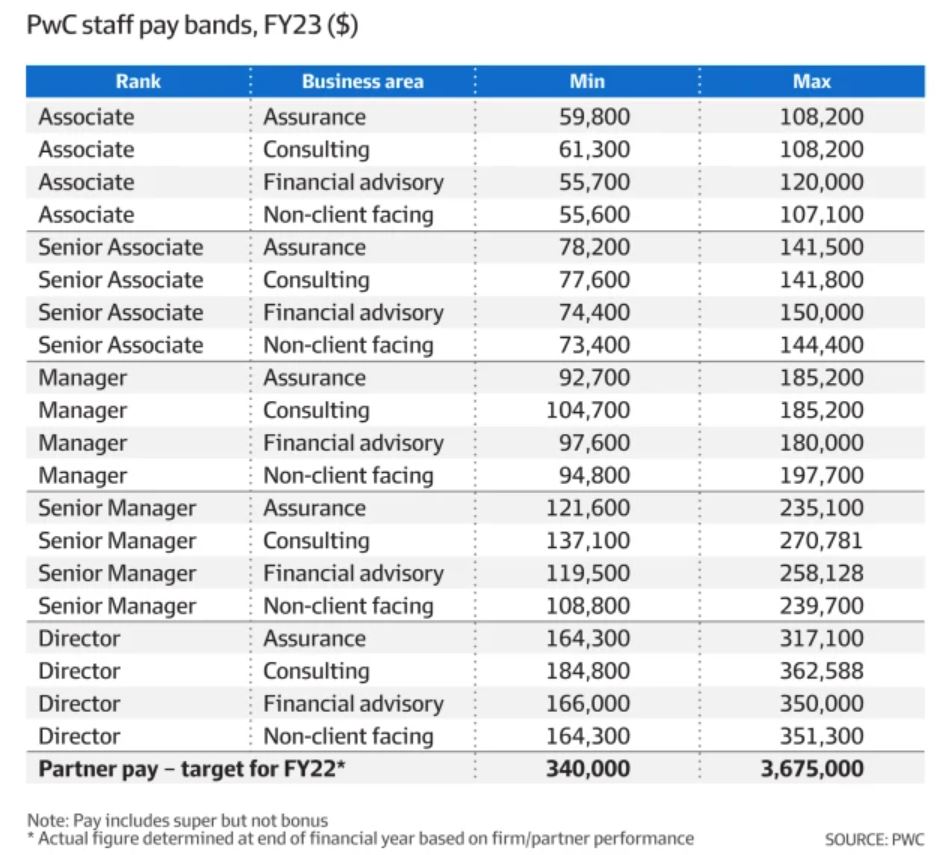
Although they have similar meanings, advisor and adviser do not always refer to each other. North America uses the former more often, as it is commonly used for official job titles and government roles. It is also more commonly used for professional advisor titles. It also has a more formal feel, thanks to the Latin suffix -or.
AP style
It is important that advisors and advisory staff are cited according to the AP style guidelines. In most instances, first and last names should be capitalized. Additionally, abbreviations of degrees should be written in lowercase. Academic Advising Community prefers AP format. Certain requirements apply to the use of em dies and en dies in titles.
If you have the choice of using advisor instead of adviser, you should avoid using "advisor". The New York Times is an example of a newspaper that uses adviser over adviser. The AP Stylebook supports this decision. The New York Times disagrees with this decision. Advisors should be used more often within academic and professional circles. Some industries, such financial services, adhere to the Chicago Manual of Style. It doesn't follow AP Style.
Chicago Manual of Style
Many editors use the Chicago Manual of Style to guide their writing. The manual does not have a definitive spelling rule, but it does state that all documents should be consistent. This means you should use the spelling preferred to the reader. However, there are some situations where you must use a different spelling. For instance, "advisor” might be used in a professional letter. However, "adviser” should be used if you are writing for a personal journal.

Style is another area where there can be disagreement. You should use the term "advisor" in your writing. A style guide will help you correctly spell and pronounce words. It is important to pay attention to the usage of specific terms, which may be unique to one institution.
Styles by the Associated Press
Editors and journalists who want to write well will find The Associated Press Stylebook a valuable guide. The Associated Press Stylebook, or The Associated Press Briefing about Media Law, is the full name of the AP Stylebook. It was written by American journalists to the Associated Press. It has become an international standard for journalists and serves as a valuable reference point for the media.
AP style can be used to make sure your writing is clear, concise and readable. This style makes it easier for journalists and allows you to communicate with them in a common language. Many public relations agencies and corporations require copyeditors who can pass a test on AP Style. If your writing conforms with the AP style, your chances of being picked up by media outlets and receiving positive coverage will be higher.
What is the difference between advisor and adviser?
Two meanings of the word adviser are possible. Depending on the context, the word adviser can mean both a person and an organization. An adviser is someone who provides advice to another person. It can also be used as a verb, and is often abbreviated to advisor. The suffix -or is usually found in academic work as well as official titles. It can also appear in professional titles such national security advisors and financial advisers.
In the United States, the word advisor is most commonly used for formal writing, official job titles, and academic contexts. It is also used in government jobs, although it varies from region to region. In the US, the word adviser is usually used for a professional adviser, which is why the word adviser tends to be more formal.

Spelling differences
Although adviser sounds the same, they sound different. The U.S. has more advisers than Europe and some newspapers prefer the -er ending to their names. It is also used more often in U.S. academic titles. However, the two spellings aren't mutually exclusive, and they can both be used correctly in the same context.
Even though both titles can be held concurrently, adviser is most commonly used in the United States. Some grammarians believe adviser should be considered more formal than adviser. These differences aside, adviser has the same meaning. They differ in the spelling and use of advisers in different contexts.
FAQ
How do you choose a consultant to help me?
There are three main things to keep in mind:
-
Experience - How many years of experience is this consultant? Is she a beginner? Intermediate? Advanced? Expert? Does her resume demonstrate that she has the required skills and knowledge
-
Education - What did he/she learn in school? Did he/she take any relevant courses after graduating? Are we able to see evidence of his/her learning through the way he/she writes
-
Personality - How do we feel about this person? Would we prefer him/her working for us?
-
These questions will help us determine if the consultant is right to meet our needs. If you do not have the answer, it is worth interviewing the candidate to find out more.
Can consulting be considered a real job?
Consulting is not only a good entry-level job for people looking to make quick money.
There are many options for consulting. These include project management, business strategy, strategy, leadership, and training. It is possible to work on projects that range from small start ups to large, international corporations.
Consulting gives you the chance to grow and develop your skills. This could mean learning to manage teams, negotiate contracts, write proposals, manage budgets, analyze data, create presentations, conduct market research, and much more!
Why would a company pay a consultant?
Consultants provide expert advice on how to improve the performance of your business. Consultants are not here to sell products.
Consulting helps companies make better decisions. They provide sound analysis and offer suggestions for improvement.
Senior management teams often have consultants working closely with them to help them understand their needs.
They offer leadership coaching and training to help employees reach their full potential.
They may advise businesses on reducing costs, streamlining processes, and increasing efficiency.
How long does a consultant take?
Depending on your industry and background, the time required will vary. Most people start with just a few months of work before finding employment.
However, many consultants spend years honing their skills prior to finding work.
Do I require legal advice?
Yes! Yes. Many consultants will create contracts for clients without seeking legal advice. This can create problems down the line. What happens if a client terminates the agreement after the consultant's completion deadline? What happens if your consultant doesn't follow the contract deadlines?
Avoid potential legal problems by consulting a lawyer.
Who hires consultants
Many organizations hire consultants to assist with projects. These consultants can be found in small and large businesses as well as government agencies, universities, educational institutions, non-profits, and education institutions.
These consultants may work directly for the organization, or freelance. In either case, the hiring process varies depending on the size and complexity of the project.
There will be many rounds of interviews for consultants when you are looking to hire. Only then can you select the right person to fill the position.
Statistics
- So, if you help your clients increase their sales by 33%, then use a word like “revolution” instead of “increase.” (consultingsuccess.com)
- WHY choose me: Why your ideal client should choose you (ex: 10 years of experience and 6-week program has helped over 20 clients boost their sales by an average of 33% in 6 months). (consultingsuccess.com)
- "From there, I told them my rates were going up 25%, this is the new hourly rate, and every single one of them said 'done, fine.' (nerdwallet.com)
- 67% of consultants start their consulting businesses after quitting their jobs, while 33% start while they're still at their jobs. (consultingsuccess.com)
- According to IBISWorld, revenues in the consulting industry will exceed $261 billion in 2020. (nerdwallet.com)
External Links
How To
How Do I Find A Good Consultant?
Finding a great consultant starts with understanding your expectations. Are you looking for them to improve the performance of your website? Do you need them to optimize your site so that it ranks higher in search engines' results? Perhaps you simply need someone to tell you if your current host provider is having issues. You should know the type of services that you require before you start looking at other companies. There are many consultants out there who claim they can provide these services, but only a few actually live up to their claims. How do you select the right consultant for your project? Here are some things to consider when picking a consultant:
-
Ask for referrals. This is probably the best way to choose a consultant. Because you are likely to pay too much, you shouldn't hire someone who you have never heard of. You don't want to work alongside someone whose reputation hasn't been established. It's great if you get recommendations from people you trust. However, even if this is not possible, you might still be able check reviews online. Check for testimonials or case studies that show how clients have used your services.
-
Ask around. Many people don’t know that they could gain from consulting. They assume that their current situation is fine and they don’t need changes. This is often incorrect. Even if results are good, there is a chance you haven’t been keeping up-to-date with new trends and technologies. And if you're relying on outdated methods, you'll miss out on opportunities to grow your business. It's always worth asking around to see if anyone knows of a good consultant.
-
Make sure to verify their qualifications. It doesn't matter if you are looking for a consultant to help you build a blog or launch a multimillion-dollar eCommerce site, you need to make sure they have the right skills to manage your project. Check that they are qualified to complete the tasks and have enough expertise in the chosen area.
-
Find out about the types of projects they specialize. You might think that everyone can handle all projects, but this is false. Some areas require specialized training and education. A developer who is a specialist in Drupal would not be able to help you build a WordPress theme. Graphic design and programming languages are all subject to the same rules. Be sure to ask what kinds of projects they typically work on.
-
Know what they charge. As we mentioned, it is important to know what they charge. You don't necessarily want to pay too low, but you shouldn't either. There are many different types of consultants. Some charge hourly rates while others bill per project. You can save money by knowing upfront exactly what you will be paying.
-
Find out what they offer. Are they providing free consultations? They will be able to offer you guidance on setting up your own system. Can they guarantee your site will rank higher if you work with them? You can cancel your consultation at any time without penalty if you are not satisfied with what you heard.
-
You can also find out if they offer discounts on multiple months or over years. Many consultants offer discounted pricing for extended periods of time. It is not necessary to commit to an entire year. However, you could still benefit from any deals offered by the consultants.